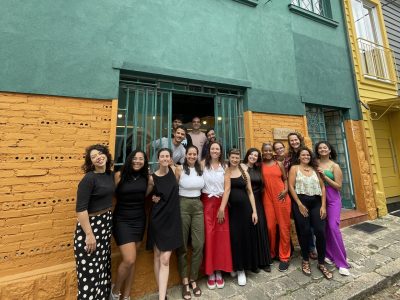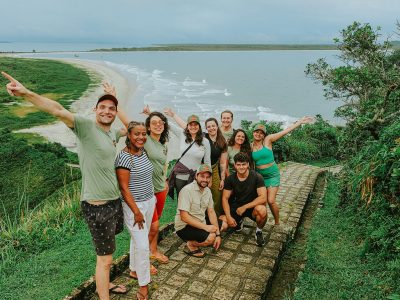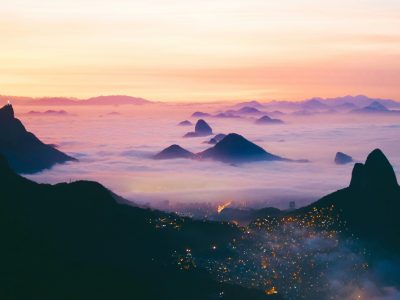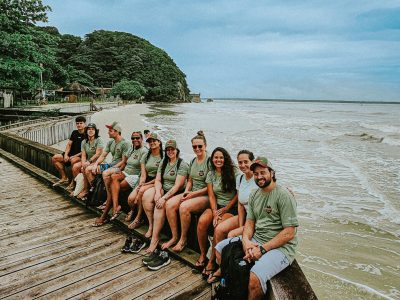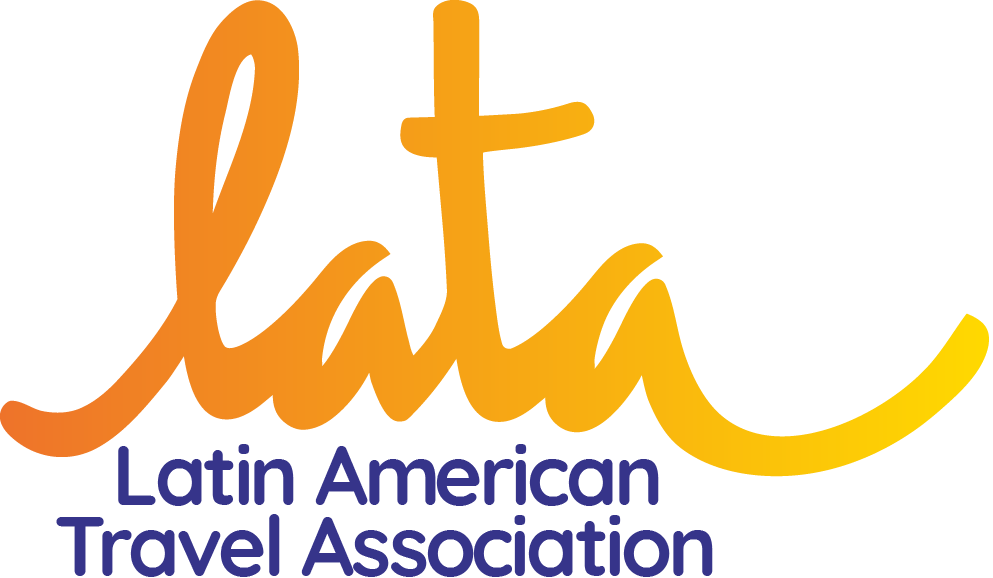Afrotourism has been growing steadily in Brazil and has shown great potential in the national market. And how could one not look at afrotourism in the world’s blackest country outside of Africa? Did you know that Brazil has the largest black population on the planet, second only to Nigeria? According to the Brazilian Institute of Geography and Statistics (IBGE) – the main provider of data and information at the federal, state, and municipal levels – 54% of the Brazilian population is black.
Today, November 20, is a national holiday commemorating Black Consciousness Day – and also Zumbi Day, one of the symbols of resistance and struggle of Africans against enslavement in the context of colonial Brazil. The date refers to the death, in 1965, of this great leader of the Quilombo dos Palmares, located between the states of Alagoas and Pernambuco in the Northeast region of Brazil.
That’s why we chose to bring more information about the black population and the immense Brazilian potential for afrotourism on this date.
Are you in?
Content Summary
Understanding the concept of afrotourism

By the definition of the University of São Paulo (USP), afrotourism is tourism based on black communities, involving Afrocentric tourism experiences that seek to highlight the black participation in the formation of our society. It is a branch of cultural tourism.
This year, the Brazilian Agency for International Tourism Promotion (Embratur) announced that afrotourism is the central axis of its current management. In addition to various initiatives to combat racism and strengthen Afro-entrepreneurship, promoting inclusion through job creation and income generation through tourism, Embratur has created a series of videos on YouTube on the topic.
Check out one of them below: a mini-documentary that presents the positive impact and further illustrates the practice in Brazil.
“Afrotourism is a true ancestral journey because it goes to the heart of Brazil, built and founded by the peoples of the African diaspora. It is also a tool that points to solutions arising from the strength of our cultural complexity, which can be seen from various angles, such as religiosity, gastronomy, music. Afrotourism experiences not only enchant but also have the power to connect and transform lives. It is black culture inventing and reinventing Brazil for the world!”says the description.
Partner initiatives that we offer to our clients
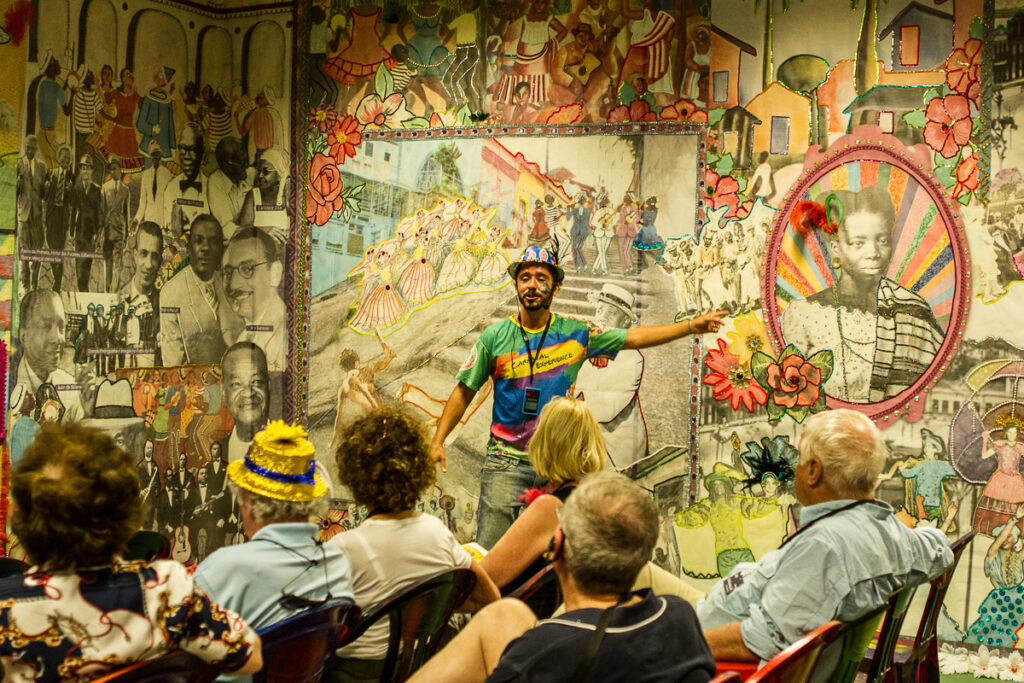
For several years, Gondwana has been offering afrotourism itineraries and experiences. One example is the “Pequena África” (Little Africa) itinerary, a nickname given by the samba composer Heitor dos Prazeres (1898-1966) to the area covered by the neighborhoods of Saúde, Gamboa, and Santo Cristo in the port zone of the city of Rio de Janeiro. It is occupied by a predominantly black population.
It has charming bars and fascinating places such as Cais do Valongo, Cemitério dos Pretos Novos, and Pedra do Sal, whose history is intimately linked to the transatlantic slave trade, the African diaspora, and the birth of samba. Also in the region are the hill and favela of Providência, the oldest in the city.
Some tours involve black female entrepreneurship, such as the women of Sou Mais Carioca, who take visitors to explore the Marvelous City.
Also in Rio, we offer an authentic experience on Morro da Babilônia, with our incredible guide Edson Vander, known as Eddie. The hill is home to two communities, Morro da Babilônia and Chapéu Mangueira, located between the neighborhoods of Botafogo, Urca, Leme, and Copacabana in the city of Rio de Janeiro. Born in the area, Eddie takes visitors on a tour that includes learning about the reality of the local community and enjoying a breathtaking view of the Marvelous City.
Still in the state of Rio de Janeiro, but in the municipality of Paraty, we offer a visit to Quilombo do Campinho da Independência, which, in addition to Community-Based Tourism (CBT), has initiatives in agroecology, cultural activities, and the fight for differentiated education for the people who live there. The visit includes the sharing of these stories, actions, and presentations.
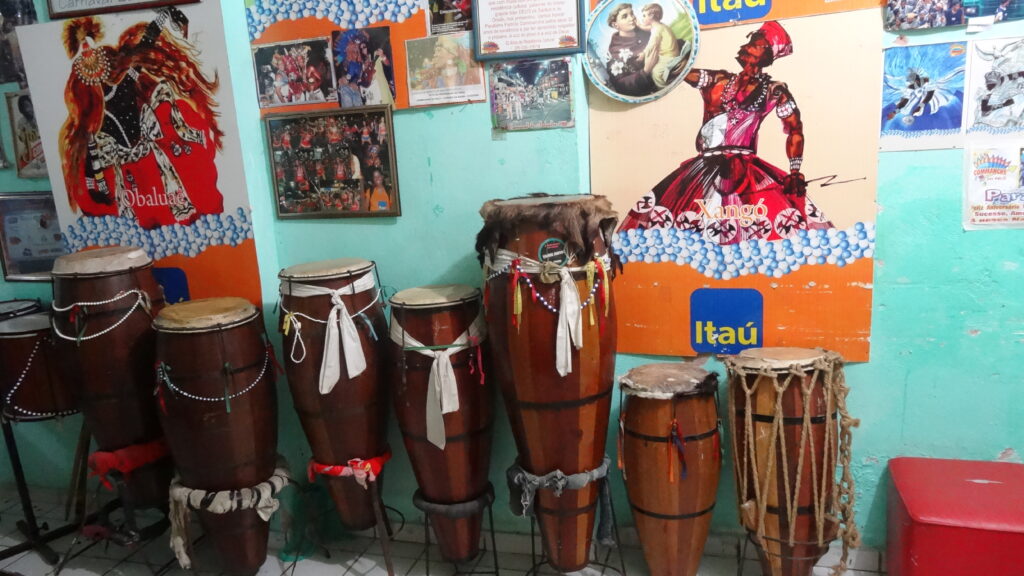
In Bahia, especially in Salvador and the Recôncavo Baiano region, we offer various experiences and itineraries. The capital of Bahia has 82% of its population made up of black people, the highest percentage in the country. Among the practical and fun activities are learning the “ginga” of capoeira, taking a percussion class to learn some of the best techniques to play instruments used in Brazilian music, or joining specialized teachers who will show how to dance the most traditional rhythms of Bahia and Brazil. Other possibilities in this afrotourism profile are the itineraries Cooking Class + Community Uruguai, Black Bahia, Mystical Bahia, and visiting the quilombo on Itaparica Island. We also recommend the cultural and religious tours of Afrotours Bahia.
Yes, Brazil is everything you imagine and more. Send us a message and offer your customers the best of destinations!
Other initiatives that are not yet partners, but we know of their credibility and want to learn more:
- Guia Negro: a platform for experiences with black walks throughout Brazil.
- Conectando Territórios: a tourism agency that shares Afro-Brazilian history in Rio de Janeiro.
- Localiza 021: itineraries with black and sub(urban) narratives, also in Rio.
- Rota da Liberdade: a Cultural and Tourist Program to Map the African Diaspora in the metropolitan region of Vale do Paraíba and the state of São Paulo.
- Rotas Afro: tells the black stories of the cities of Piracicaba, Campinas, Vinhedo, and Rio Claro in the interior of São Paulo.
- Rede BATUC: brings together quilombolas, indigenous people, family farmers, fishermen, riverside residents, pastors, agrarian reform settlers, and urban collectives. Promotes their tourist activities as a way to promote job creation and income and as an instrument of resistance and transformation in offering sustainable, responsible, and regenerative tourism. Recently received, at the Embratur booth at WTM in London, the Global Responsible Tourism Award in 2023, a great pride for the country.
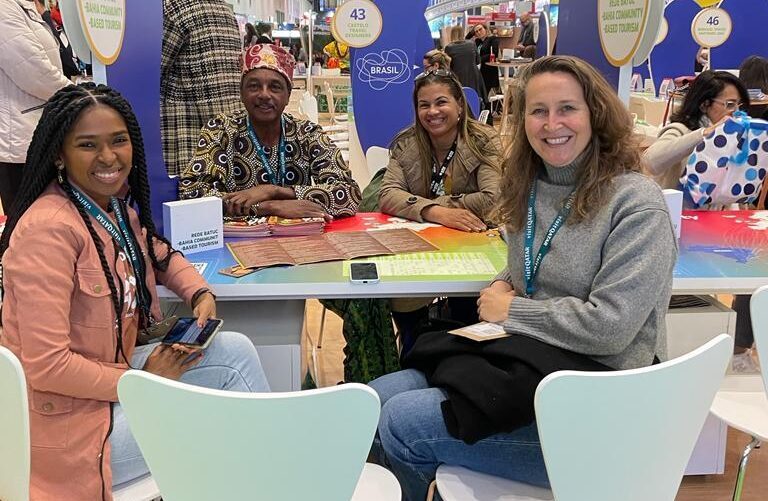
The importance of tourism for anti-racism
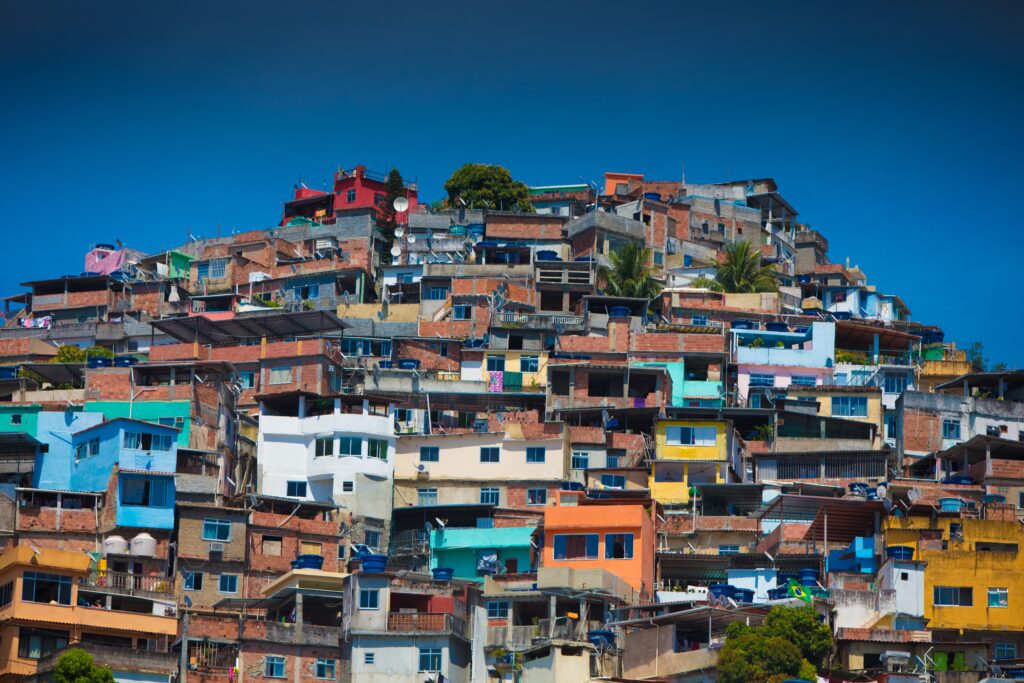
Considering our socio-environmental responsibility here at Gondwana, it would be impossible to close our eyes and deny the social issues involving the black population in Brazil. Despite being a predominantly black country, the legacy of slavery carries with it social inequality and structural racism. This emphasizes the importance of tourism as a potential anti-racist tool.
All stereotypes related to poverty, crime, and lack of education are linked to the black population:
- About 8% of the Brazilian population lives in favelas, according to a survey by the Locomotiva Institute in partnership with Data Favela and the Central Única das Favelas (Cufa). According to the survey, 67% of the population in favelas is black.
- In prisons, 68.2% of the total people incarcerated in 2022 were black, according to the Brazilian Forum on Public Security (FBSP).
- According to IBGE data, the illiteracy rate among blacks and browns dropped in 2022 to the lowest level (7.4%) in a historical series that began in 2016 in Brazil but is still more than twice that recorded among whites (3.4%).
We hope that our work continues to positively impact both those who receive and those who visit! If you want to know in detail about what we offer, contact our team.

